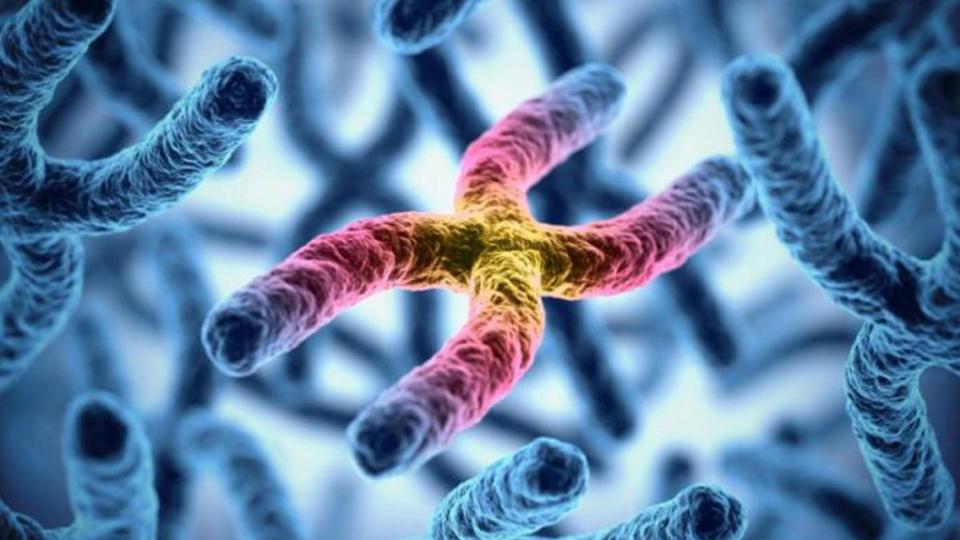
Turner syndrome is a genetic disorder that usually occurs in girls. This syndrome is characterized by a fundamental abnormality in the individual’s genetic makeup: the presence of only one X chromosome. It is a condition that causes significant changes in physical characteristics. It also manifests itself with various effects on growth, sexual development and fertility. In this article, we will examine the basic features and effects of Turner syndrome in detail.
What is Turner Syndrome?
This syndrome is a genetic disorder usually seen in girls. In this case, the individual is missing one of the sex chromosomes. So there is usually one X chromosome.
Single X Chromosome: At the Basis of Genetic Anomalies
This syndrome is usually associated with the individual having only one X chromosome. This condition leads to a variety of physical and developmental symptoms due to this deficiency in genetic material.
Physical Symptoms and Features
Individuals with Turner syndrome often have distinct physical characteristics. Closed ears, deepening in the neck area, short stature, wide neck structure, etc. These are frequently seen characteristic features.
Growth and Development Problems
A single X chromosome anomaly causes significant delays in growth and development. This condition may manifest itself with effects such as short stature and abnormal development of the ovaries.
Problems in Sexual Development
Problems in sexual development are common in individuals with Turner syndrome. Puberty begins late and usually does not continue naturally. This can lead to infertility problems.
Treatment and Support Approaches
This syndrome is a genetic condition that is not currently completely treatable. But it is possible to relieve symptoms and increase the individual’s quality of life. With methods such as growth hormone therapy and hormonal treatments.
Living with Turner Syndrome
Turner syndrome is a genetic disorder that affects an individual’s life. However, with early diagnosis and appropriate treatment methods, the individual’s quality of life can be significantly increased. Genetic counseling can support families in understanding and managing this condition.